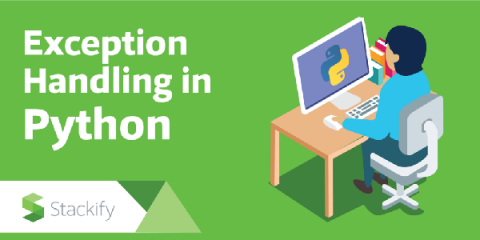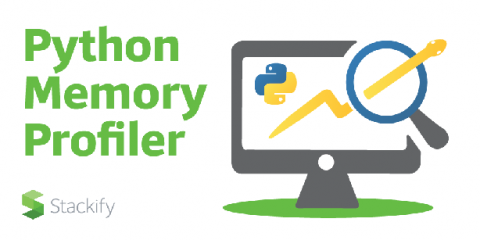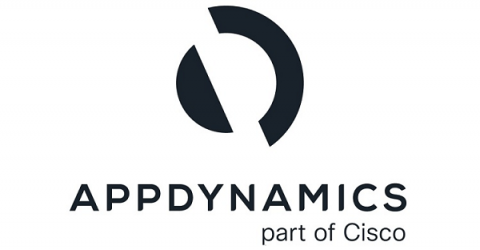Python Logging Best Practices
The realm of computing is endlessly vast, and programmers can utilize numerous programming languages that facilitate logging. Novice programmers often wonder, why is Python considered the ideal language to learn logging?











